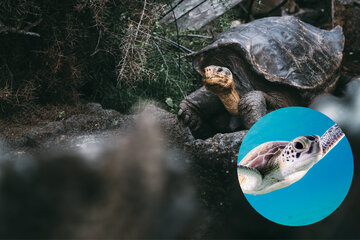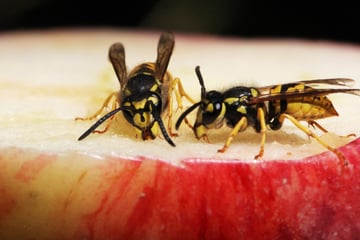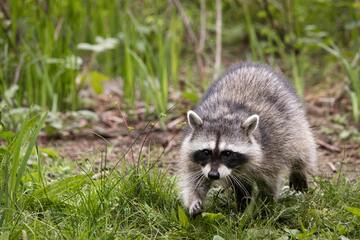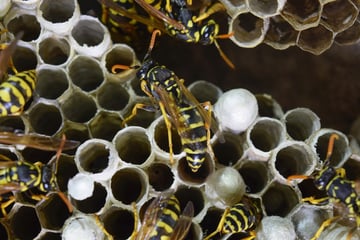Hare vs. rabbit: What is the difference between a rabbit and a hare?
Ever wondered what the difference is between a hare and a rabbit? Aren't they just the same animal? Spoiler alert – they're not, and we're here to tell you why!
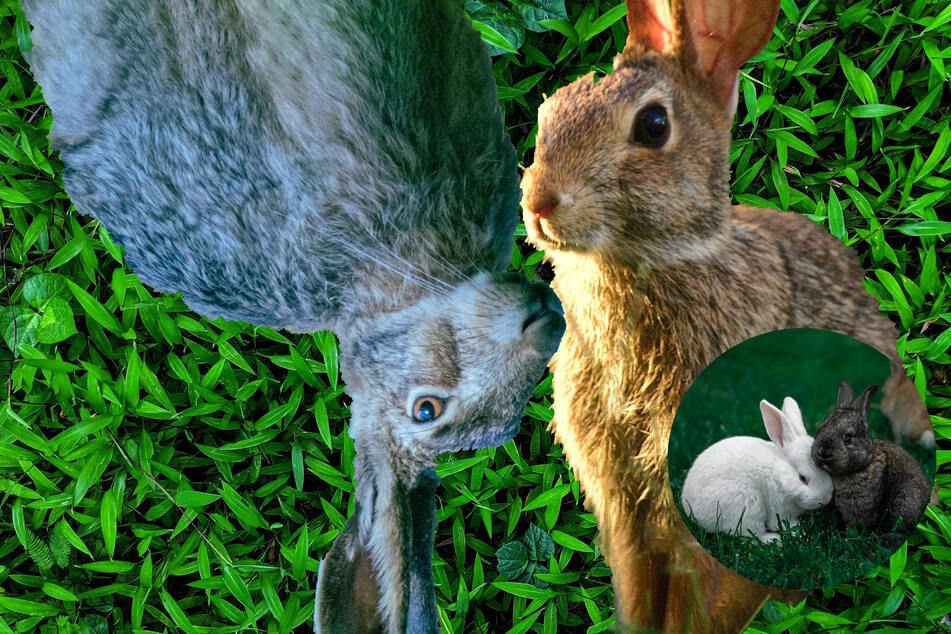
Hares and rabbits, rabbits and hares – it's a confusing distinction for many people, especially as the two terms seem to be describing the same animal.
Add a third word into the mix – bunny – and it's no wonder this discussion turns into a bit of a head-scratcher.
Luckily for you, TAG24 is on the case!
If you're a fan of rabbits, hares, and other animals, you're in for a treat. It's time to definitively ask and answer the question: What's the difference between a rabbit and a hare? Aren't they the same thing? Let's dive in!
Bunny vs rabbit vs hare
Does your child love rabbits or, more likely, bunnies? It wouldn't be a surprise, they are cute little mammals covered in fur, with big floppy ears to die for. Is that rabbit your kid's pointing at actually a rabbit, though, or is it perhaps a hare?
Neither rabbits nor hares are, as many people believe, rodents. Instead, they belong to the Lagomorpha order and are thus referred to as Lagomorphs. Don't be upset that you are wrong, though, because this widely held belief was actually their official classification until the early 20th century!
What is a bunny?
The term "bunny" is actually a children's word for rabbit, and isn't its own species. Bunny rabbits are generally smaller domestic rabbits, profoundly fluffy, and found as pets in households with children. They are not a separate species, indeed they are rabbits, but simply a colloquialism used commonly by children.
Small rabbits, babies between the age of 0–6 months, are known as kittens, or kits to some. In general, though, the most commonly used term for a baby rabbit is "bunny" even though, technically, this is a colloquial term and not the official word for a baby rabbit.
What is a rabbit?
Rabbits are small, big-eared mammals that belong to the Leporidae family. There are 305 breeds of rabbit around the world, and are spread across every single continent except for Antarctica. Considered wild prey animals, but also domesticated livestock and pets, rabbits have become a part of human life for thousands of years.
The most common breed of rabbit is the European rabbit which, due to European colonialism over the last 300 or so years, is now found all over the world. They are considered by many to be pests, and are often hunted for sport and food. European rabbits first became widely domesticated in the Middle Ages, widely kept as livestock as early as the societies of ancient Rome.
What is a hare?
Hares are also members of the Leporidae family, but are a different genus (Lepus) to rabbits. Also known as jackrabbits, these herbivores are often pretty large, and have shorter, less-fluffy fur. They are often quite skinny, and with their hair being so short they somewhat resemble small kangaroos.
One common behavior exhibited by hares is their habit of boxing one another during mating season. Widely believed to be an expression of dominance for the purpose of breeding, animals of both sexes will hit each other with their paws. It's rather strange, and is the source of the saying "mad as a March hare".
Humans haven't really domesticated hares, though in some cases their remains have been found alongside humans in burial sites. Indeed, there is no hare breed equivalent to the domestic rabbit. They are commonly used in cooking, though, so you could argue that they still make it into our homes one way or another.
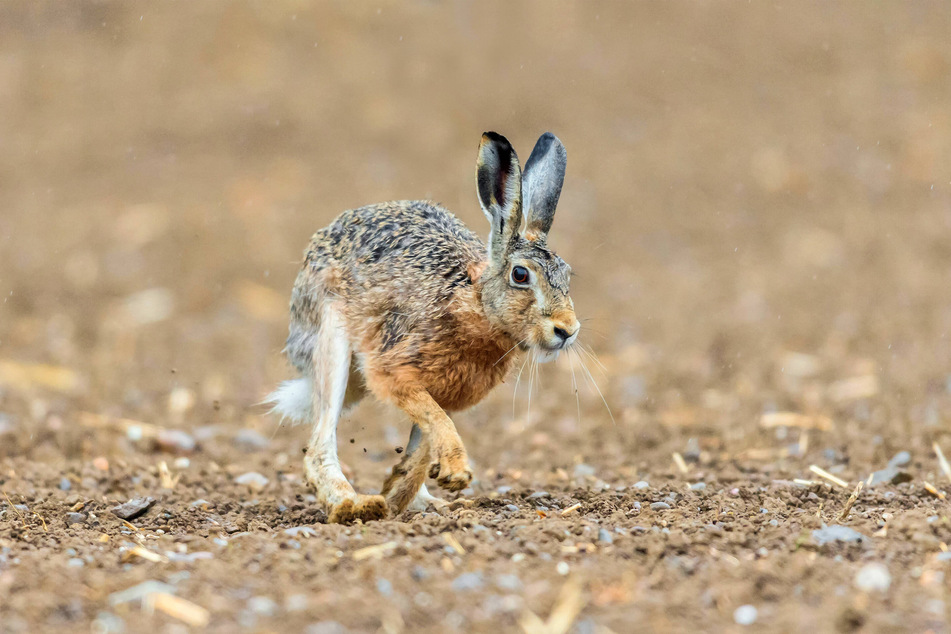
Rabbit vs hare: What is the difference between a hare and a rabbit?
The main difference between a hare and a rabbit is, other than genetics, their physical characteristics.
Here are the key differences between hares and rabbits:
- Hares are much larger mammals.
- Rabbits generally take on different colors – hares are generally brown with black markings.
- Hare ears are long and stiff, not floppy like a rabbit's.
- Hares have a jointed skull.
- Genetically, hares have four more chromosomes than rabbits (48).
- Hares live above ground in small nests, while rabbits dig burrows.
- Hares are born stronger and more capable than rabbits.
- The body of a hare is more muscular and lean, a bit like a kangaroo's or wallaby's.
- Rabbits are much slower than hares.
Rabbits and hares are two different species from the same family. They are both beautiful animals with similar diets and characteristics, but behave quite differently and have a significantly different history under their belts.
Hare vs rabbit speed
Hares are far faster than rabbits, and it may shock you to find out that they are also faster per-body-size than cheetahs. According to Philip Stott, a wildlife ecologist from the University of Adelaide, hares can reach incredible speeds that are the equivalent of 37 body lengths a second. For context, cheetahs can reach around 23 body lengths and humans can get to as high as about 6.
While it does, of course, depend on the breed of hare, this speed can equate to about 40 miles per-hour. In comparison, rabbits only reach about half this speed.
Hare vs rabbit size
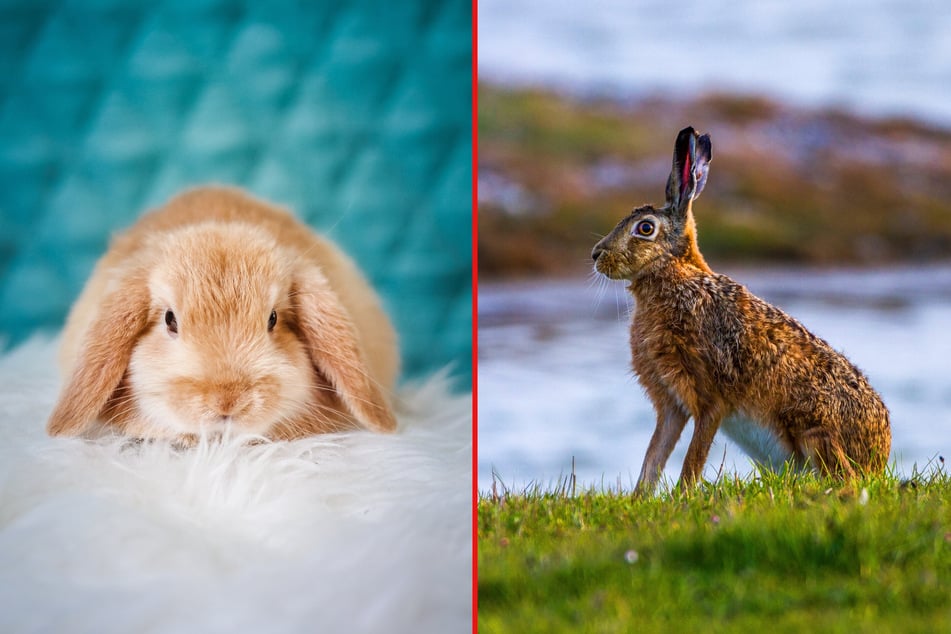
Hares generally grow much larger and heavier than rabbits. They are also far stronger and more muscular, especially when compared to domesticated rabbit breeds. The average rabbit weighs around 5–7 pounds and will only grow to between 14–18 inches in length.
Meanwhile, the equivalent hare will generally grow between 25–30 inches in length and to a weight of around 10–12 pounds. It seems, much like their impressive speeds, that the humble hare is nearly doubling the rabbit in size. Of course, these sizes depend on breed, age, and whether a rabbit (for example) has been domesticated, but hares will generally trounce rabbits in both size and speed.
Wallace was right, hares are the larger mammals!
In the seminal Wallace and Gromit: Curse of the Were-Rabbit, Wallace makes a pretty good point: "Oh, no, it's only rabbits in there. The hare, I think you'll find, is a much larger mammal."
Indeed, hares are generally larger than rabbits, and are not generally kept as pets.
There is something that these two animals have in common, though: they're both adorable-looking creatures!
Cover photo: Ierc / Unsplash & Bharath Raj N / Unsplash & Andriyko Podilnyk / Unsplash & Juho Luomala / Unsplash (TAG24 Edit)

